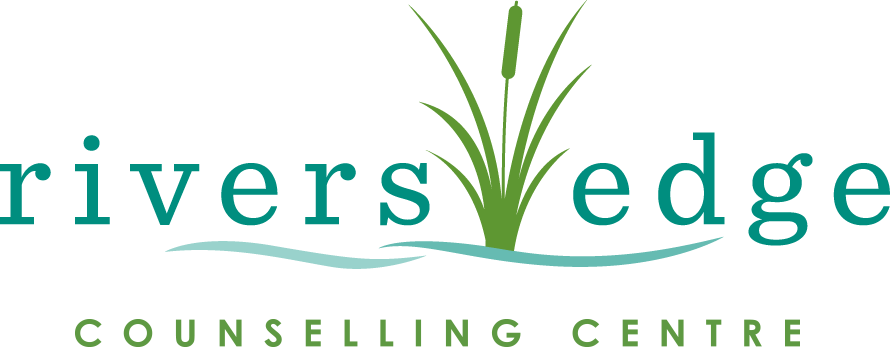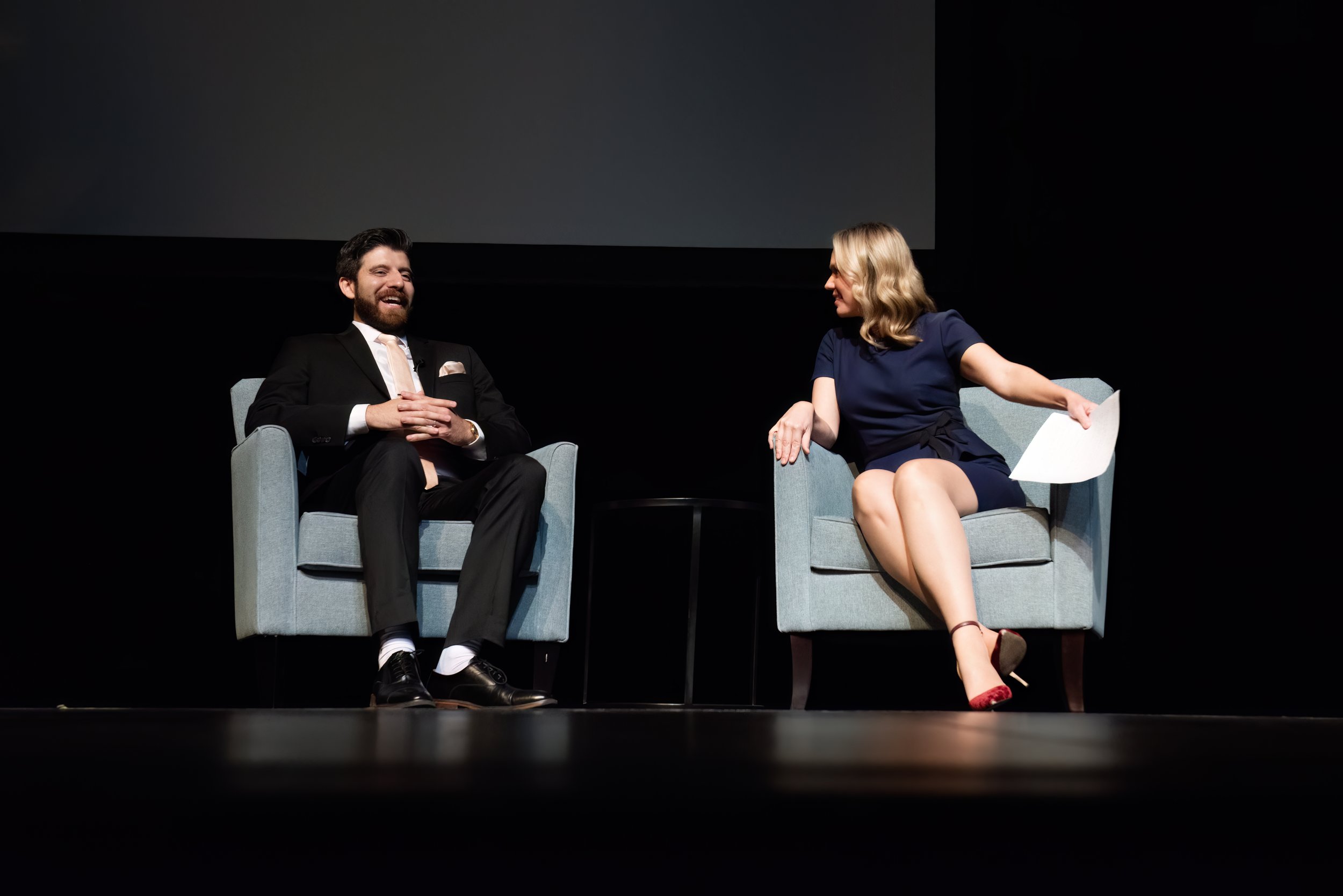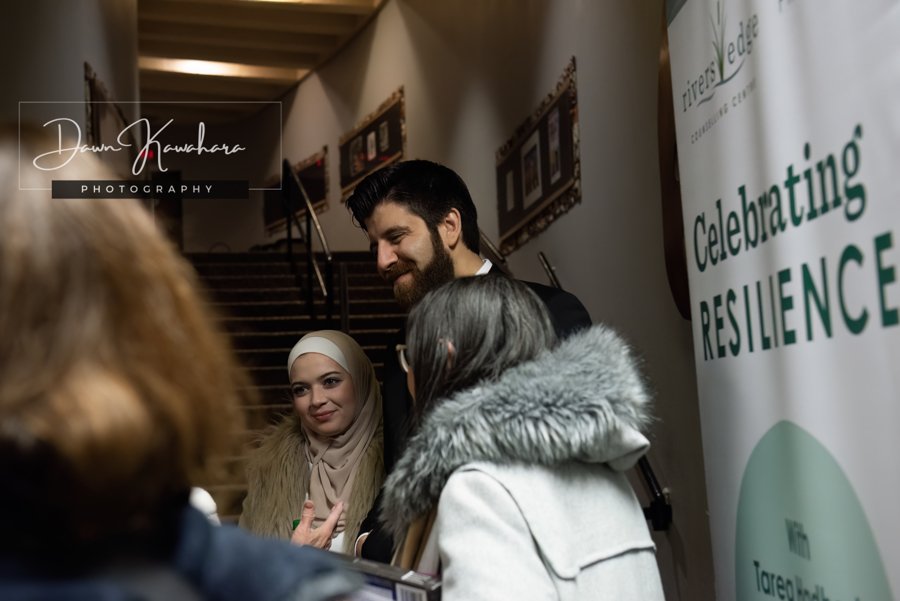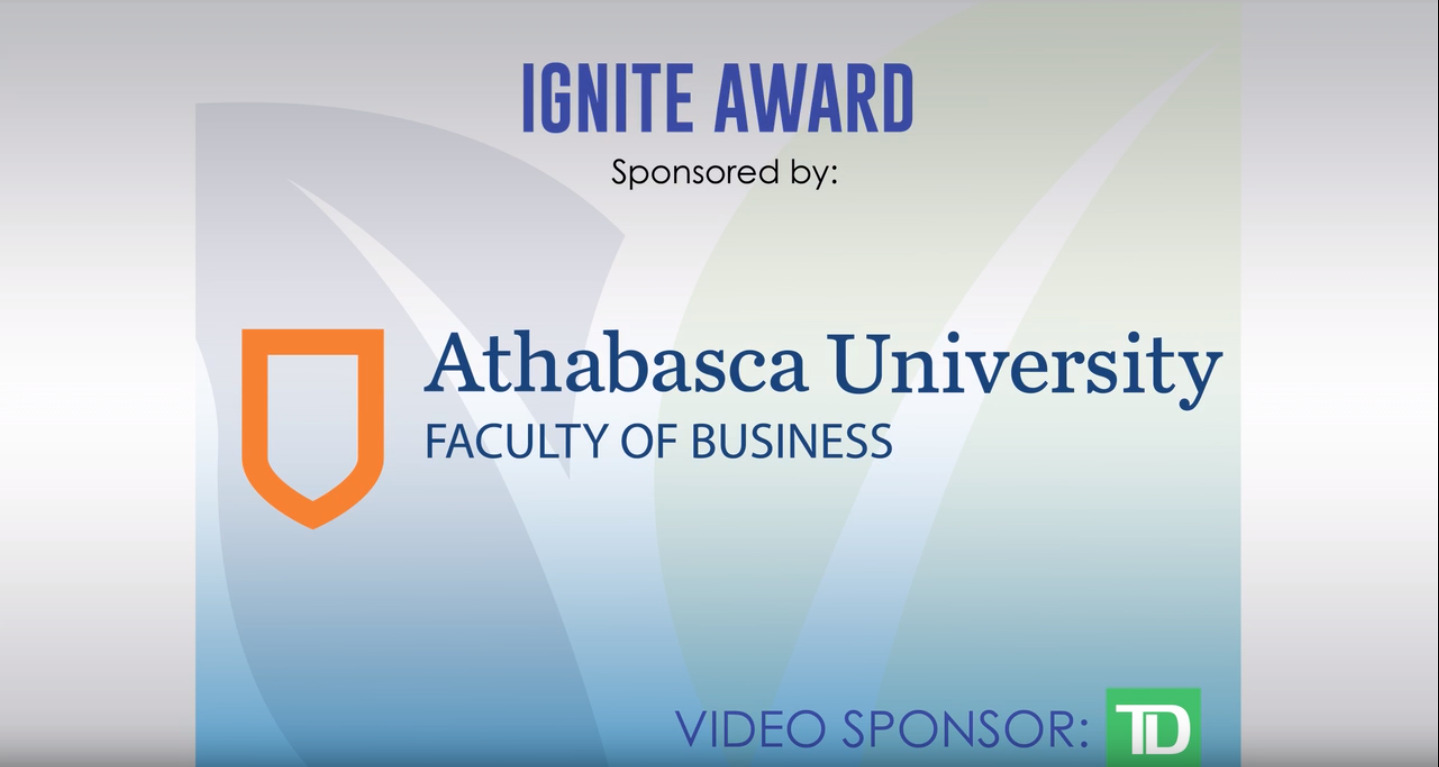Check out our article from the St. Albert Gazette:
A city counsellor says the provincial government’s recent action on mental health is a positive step, but there’s still plenty of room for improvement.
Nicole Imgrund, the owner of River’s Edge Counselling and the past president of the Alberta Chapter of the Canadian Counselling and Psychotherapy Association, points to the bipartisan mental-health review that will be co-chaired by Liberal MLA David Swann and NDP MLA Danielle Larivee and the recent auditor general’s report calling for increased access for Albertans as two significant steps in the right direction.
But she said there’s one big piece of the puzzle that’s missing: regulating the counselling and psychotherapy profession under a professional college like the nearly 30 other regulated healthcare professions in the province.
“We think the question of regulation would go great lengths to meeting the necessities outlined in that (auditor general’s) report, which is accessibility to services,” she said. “As an unregulated profession, there’s work that we can’t do.”
For example, because it’s not a regulated profession the cost of counselling may not be covered by many Albertans’ health benefit plans, and with professional rates that could run close to $200 per hour, that means many Albertans have difficulty accessing that service. In addition, she said there is some work within Alberta Health Services that unregulated practitioners can’t do.
There are mental health services covered for all Albertans under the provincial health insurance, but Imgrund said the system is currently stretched fairly thin and people don’t always get timely access to the counselling they need.
“What’s very common is we get calls from people who are on the wait list of one to three months for mental-health services,” she said. “There’s a gap. There’s an incredible gap.”
Alberta Health Services spokesperson Kerry Williamson said the provincial health-care provider does provide timely service in Alberta, and in St. Albert in particular.
At the St. Albert Community Mental Health Clinic, 350 people receive the support of the 15 therapists and counsellors in that office. He said patients are assessed by a health-care professional within a day or two of visiting the clinic, and depending on their needs, are connected with addictions or mental-health specialists.
“For adults, appointments are available within two to three weeks with a mental health therapist or within one to two weeks with an addiction counsellor and 80 per cent of families are offered an appointment with 30 days,” he said.
As Imgrund sees it, there are many situations where somebody struggling with minor stress or anxiety would benefit from some counselling to nip larger problems in the bud.
“When the whole system is weighted, there’s not enough services and people need to reach a certain threshold of being ill before they can access those services, then there’s not room for prevention, and I think counselling offers that to a lot of people,” she said.
Imgrund explained while there are similarities, counselling and psychotherapy differ from the regulated profession of psychology. Both disciplines use counselling and psychotherapy as part of the practice, but psychologists also do assessments and diagnose mental-health problems.
“There are hundreds and hundreds of mental-health workers, counsellors and psychotherapists in Alberta who don’t diagnose as it’s not part of their scope of practice, but who provide counselling and psychotherapy as treatment for people who have mental-health concerns, and that entire profession is unregulated,” she said.
Three provinces in Canada currently regulate the profession, and Imgrund said the Alberta chapter of the CCPA is advocating for Alberta to follow suit. She said the previous health minister Stephen Mandel was receptive to the idea, but the process was stalled with the changing of the guard during the recent provincial election.
She said the association has requested Health Minister Sarah Hoffman to look into the request to regulate the profession.
Donnae Schuhltz, Alberta Health public affairs officer, said the ministry is currently reviewing the counselling profession in the province, but as that review is still in the very early stages no decisions have been made.
“Regulating a new profession and/or creating a new regulatory college is very complex, with the process often taking multiple years,” she said.
Timothy Wilson, Hoffman’s press secretary, said the minister is supportive of the department’s review of the profession and she knows counsellors provide a valuable service to Albertans.


























